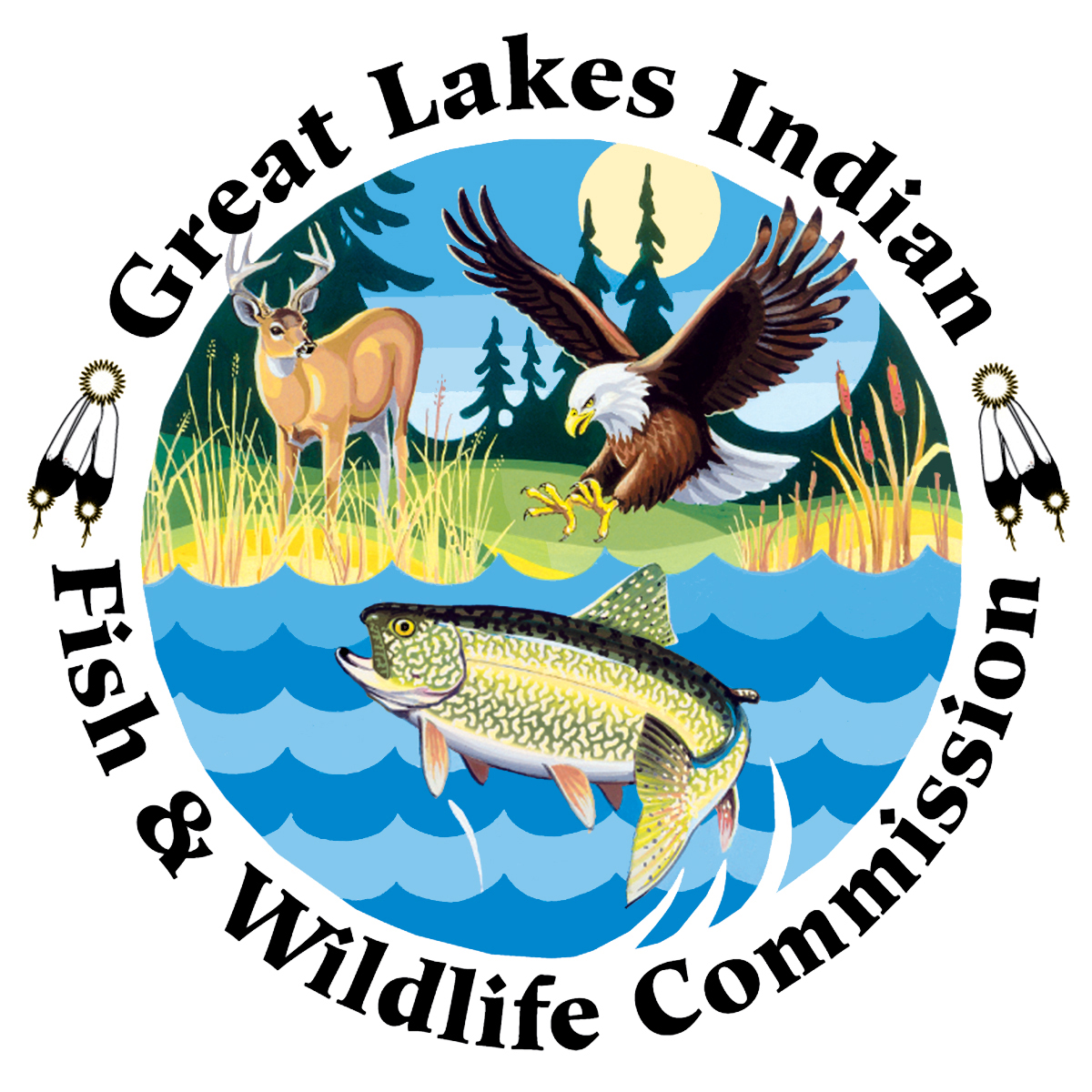
Great Lakes Indian Fish and Wildlife Commission (GLIFWC) represents 11 Ojibwe tribes in Minnesota, Wisconsin, and Michigan who reserve hunting, fishing, and gathering rights in
the 1837, 1842, and 1854 treaties with the United States government.
GLIFWC provides natural resource management expertise, conservation enforcement, legal and policy analysis, and public information services in support of the exercise of treaty rights during well-regulated, off-reservation seasons throughout the treaty ceded territories.
GLIFWC's Climate Division's research assesses climate vulnerability of species with cultural importance for the Lake Superior Ojibwe and integrates traditional ecological knowledge, language, and specific ecological knowledge.
GLIFWS Biological Services Division is researching climate impacts on fish and wildlife and developing natural resource management adaptation strategies.
